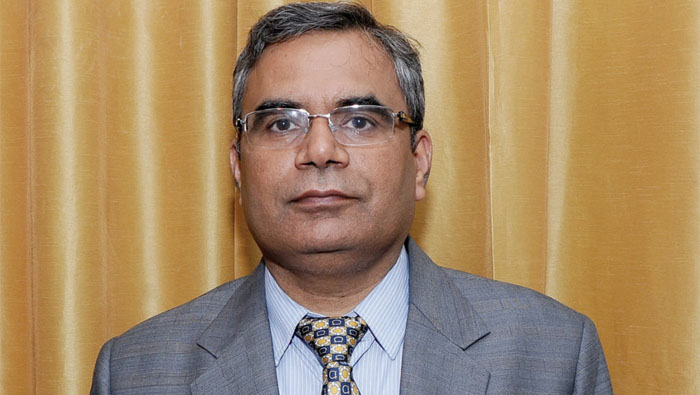
Muscat: Absconding Indian workers, or those who find themselves out of a job, will always be offered help at the Indian Embassy in the Sultanate.
That’s the promise made by Indra Mani Pandey, India’s Ambassador to Oman. Around 800,000 Indians currently live and work in Oman, with some 3,300 of them being undocumented.
“There are two main reasons why Indian workers in Oman are considered absconding,” he said in an exclusive interview with Times of Oman. “The first is that they overstay the limit of their visas here, and the second is that many of them come here on free visas, where their sponsors say they cannot offer them a job, but they are free to look for whatever work they find.” There is no such thing as a “free visa” in Oman. Anyone who travels here on the so-called “free visa” will be breaking the law, according to authorities who are keen to stamp out the practice.
“These people have to pay the sponsor a certain amount of money every month, irrespective of whether they have work or not, and sometimes, when the visa expires, they don’t have the money to pay for it,” said Pandey.
“These people unfortunately don’t have the proper documents, and that even includes their passports, so they have nowhere to go,” hey added. Under Omani law, workers could face fines of up to OMR40 for every month of overstay after their visas have expired, often leading to exorbitant amounts that low-income migrant workers – who make up the bulk of these absconders – struggle to pay, in addition to facing deportation from the Sultanate and never being able to return.
Owing to the sizeable number of absconding workers, which builds up over time, Oman’s Ministry of Manpower, in collaboration with the various embassies in the nation, organises an amnesty for them to be repatriated back home. This allows them to leave Oman with their fines waived or, as the case often is, paid for by the Indian Embassy.
The last amnesty was organised in 2015, and saw more than 2,000 Indian workers who had overstayed their visas, return home. Given the considerable difficulties in organising the amnesty, Pandey said the Embassy worked very closely with social organisations such as the Indian Social Club to ensure the calls for amnesty reached those in need.
“It is, of course, very difficult to organise everything for those who are applying for the amnesty, because it is a long process that can take anywhere from three weeks to a month,” revealed Pandey. “It would be quite hard for us to get extra staff to handle all these things, so we work very closely with volunteers, who take on the responsibility of handling many of the procedures during the amnesty.”
“They often work with these migrant workers so they know how to reach them and inform them about the amnesty,” he added. “There are many things we need to take into consideration when we repatriate our workers back home. Whenever someone applies for amnesty, we look at his situation and handle all of these concerns on a case-by-case basis.”
“If, for example, the worker has overstayed in Oman for one year, he will have quite a lot of fines to pay, and then he will also need to arrange his air ticket,” said Pandey. “If he is unable to afford this, we will pay his fines for him and provide him with a ticket to go back home. The embassy always has funds for this purpose.”
Indian expats in Oman who need help would never be turned away from the embassy. “Although we have official hours at the embassy, we are always open to those who need help,” reiterated Pandey.
“Even if the worker comes to us at midnight, we will open the door for him, and ask him to wait for a couple of hours so that we can organise the help he needs, but we will never turn him away.”